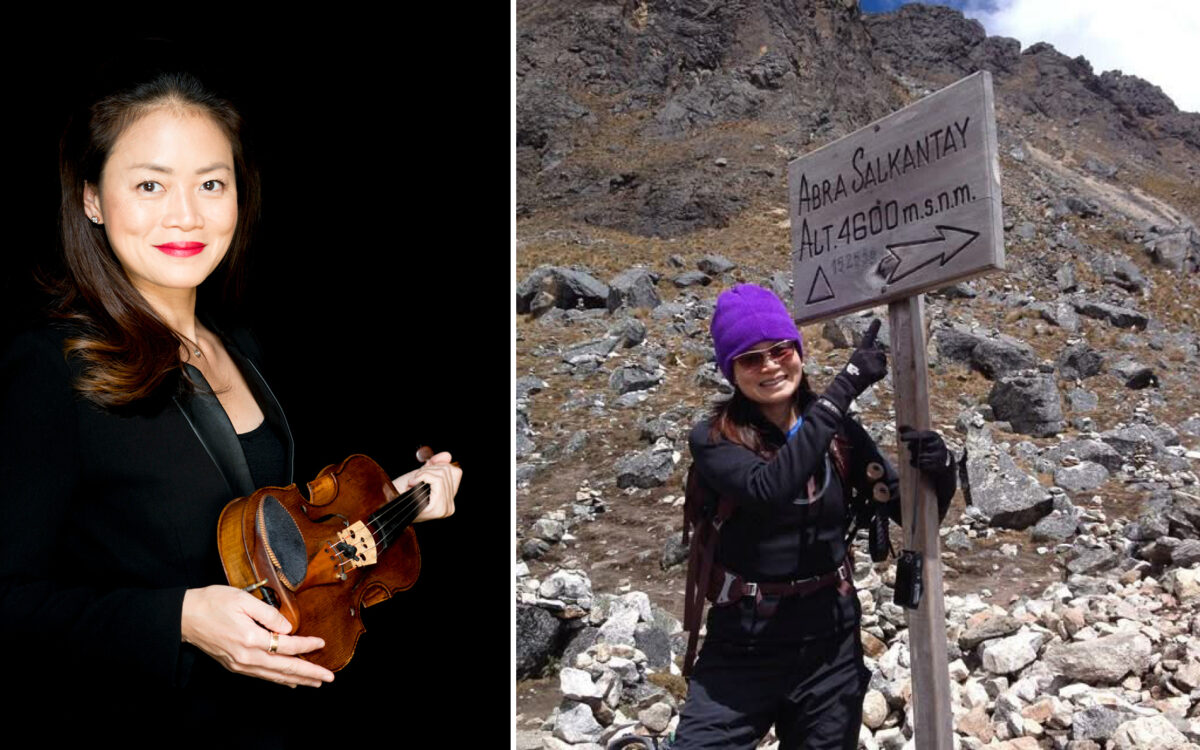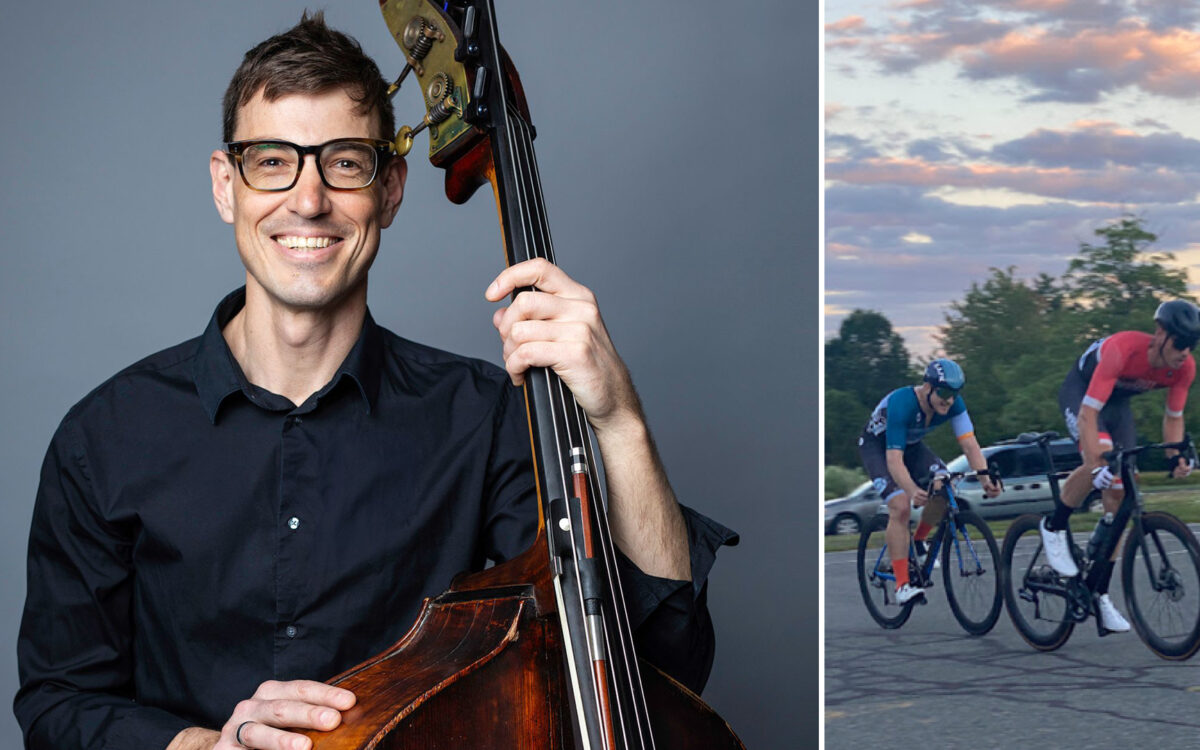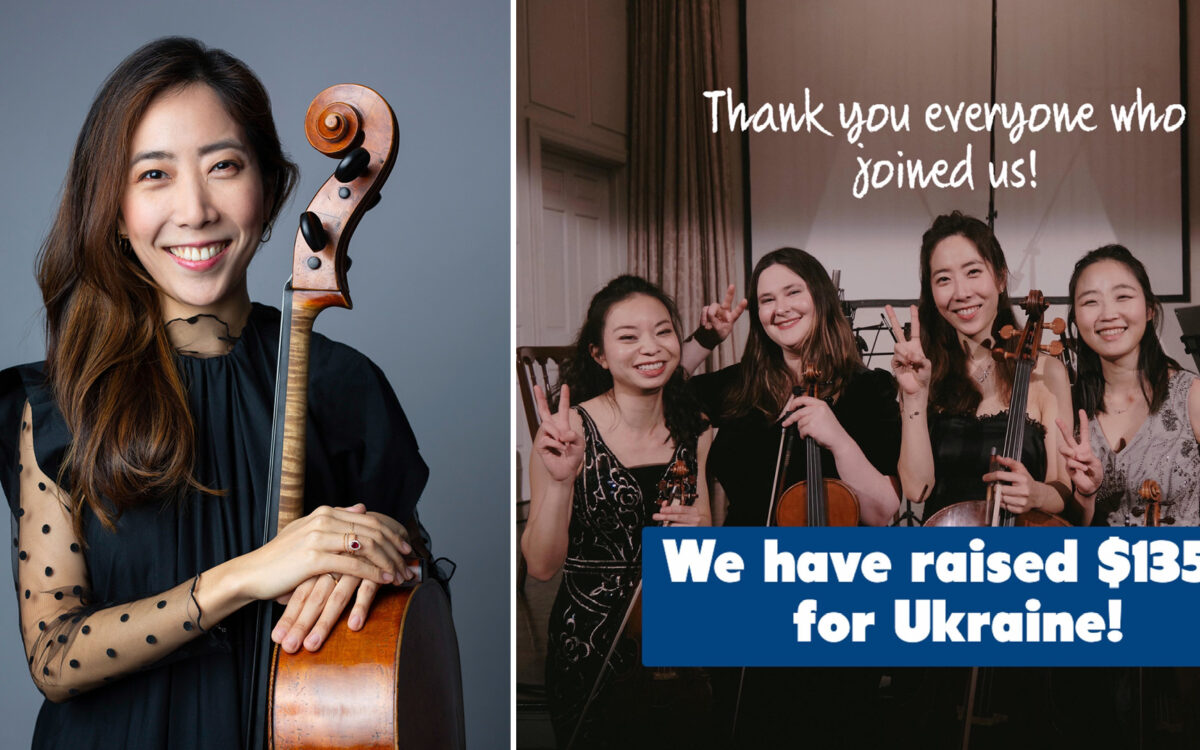Seeing Germany Through Music: Our BSO Musicians’ Journey
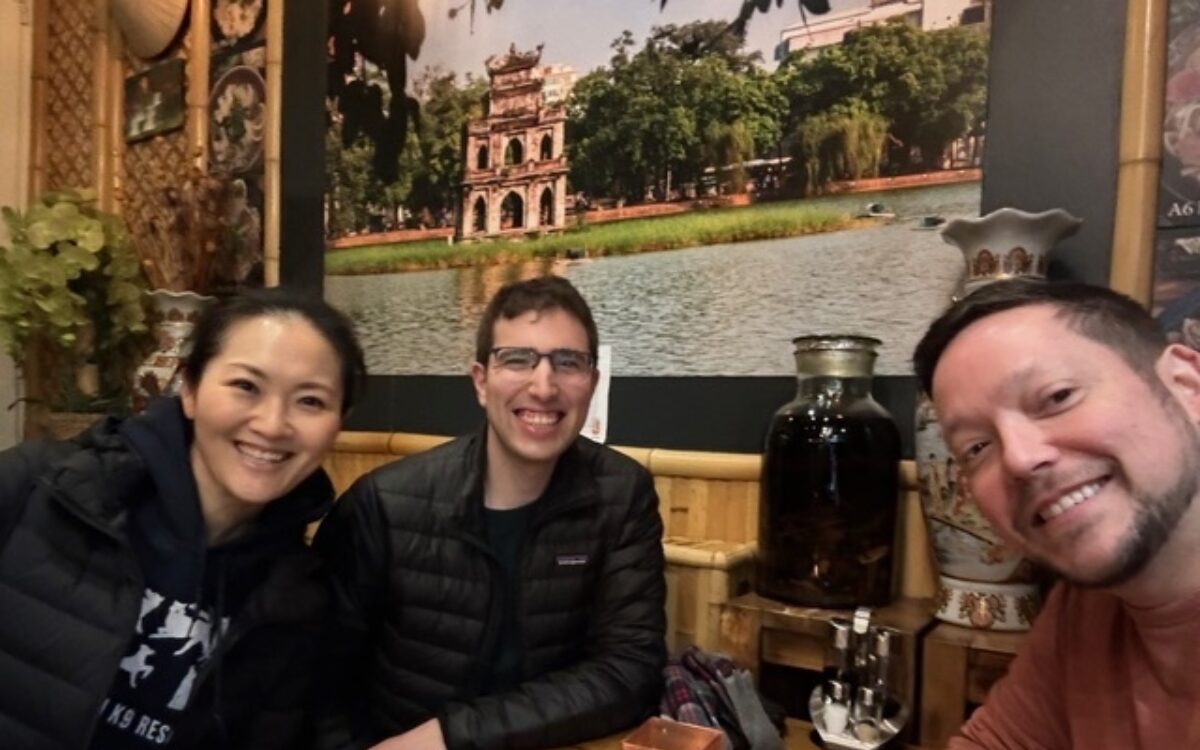
The BSO-GHO exchange began in 2018; every year, several BSO musicians will spend part of the season in Leipzig playing with the GHO, and the same number of GHO musicians will join us in Boston.
This year we were pleased to send BSO violinist Jung-Eun Jenny Ahn, cellist Oliver Aldort, and horn player Jason Snider to Leipzig for the GHO’s spring season of concerts and operas. Their journey to and around Germany and its music scene gave them some new perspectives on their craft and culture, plus some amazing memories to take home.
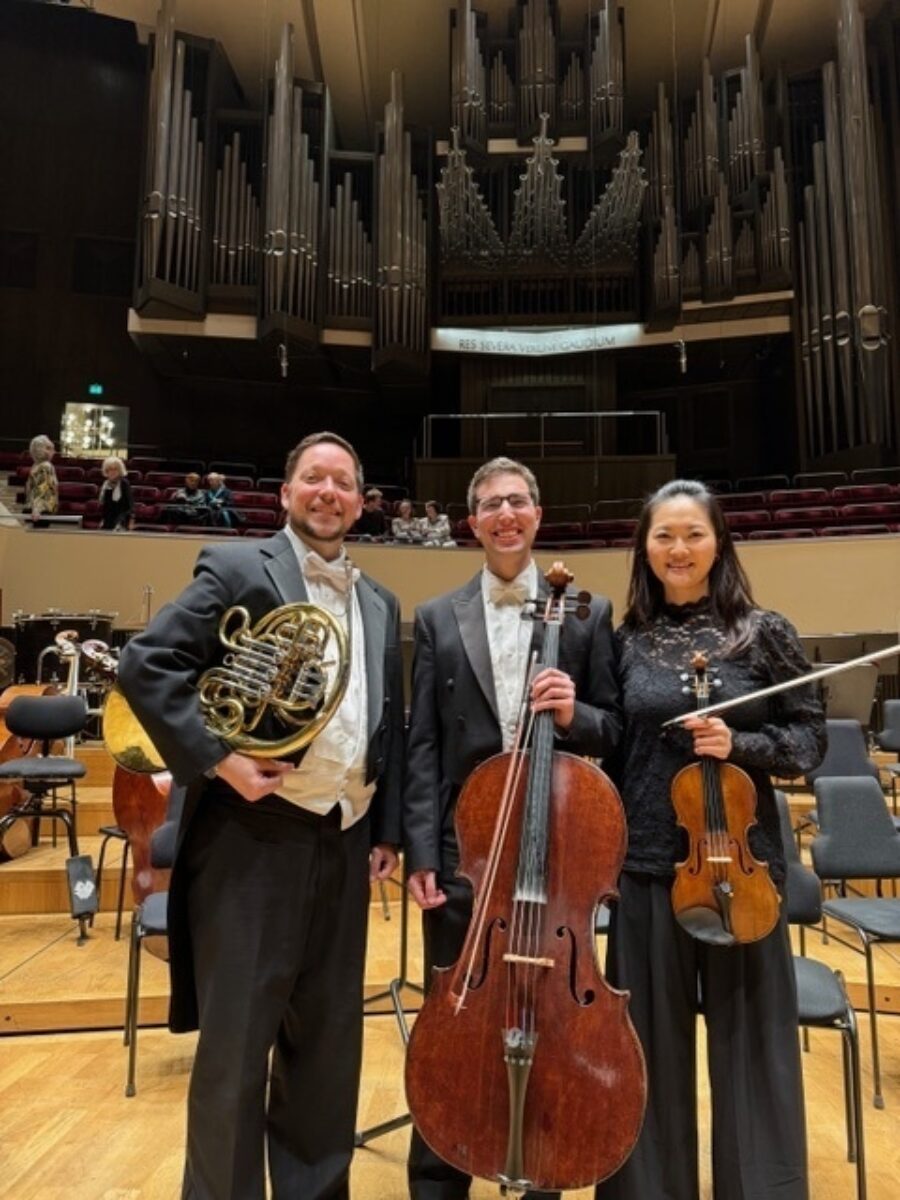
One of the first things that struck Ahn was the warm tradition of greeting fellow musicians during rehearsals. “If you come to stage and someone else was there already warming up, you had to go say hi to them and make eye contact,” she said. “I think that’s a great tradition. Apparently before COVID you used to have to also shake hands and now it’s just saying hi. I found it very sweet and respectful to your colleagues. I really like that culture.”
The challenge of playing numerous operas and concerts initially daunted her. "We [the BSO] don’t play operas very often—maybe like once a year and only in a stage setting,” she said. “But I was assigned to play many operas, and I was worried. A lot of times you don’t get to play any rehearsals. I played eight or nine operas and ballets, and only had rehearsal for one of those!
“It was scary at first, but all my colleagues were like, oh you’ll find your way, we’ll help each other,” she said.
Her experience was also enriched by the local social culture. The cantina at the concert hall has long been a gathering spot where musicians bonded over beers and wine after almost all performances. "Leipzig is so small, everyone lives close to each other and close to work,” Ahn said. “After the concert or evening rehearsals, they go to cantina right away and they start drinking beer and move to wine. It was so great to get to know everyone. Literally every single concert or evening rehearsals we would get together and chill.”
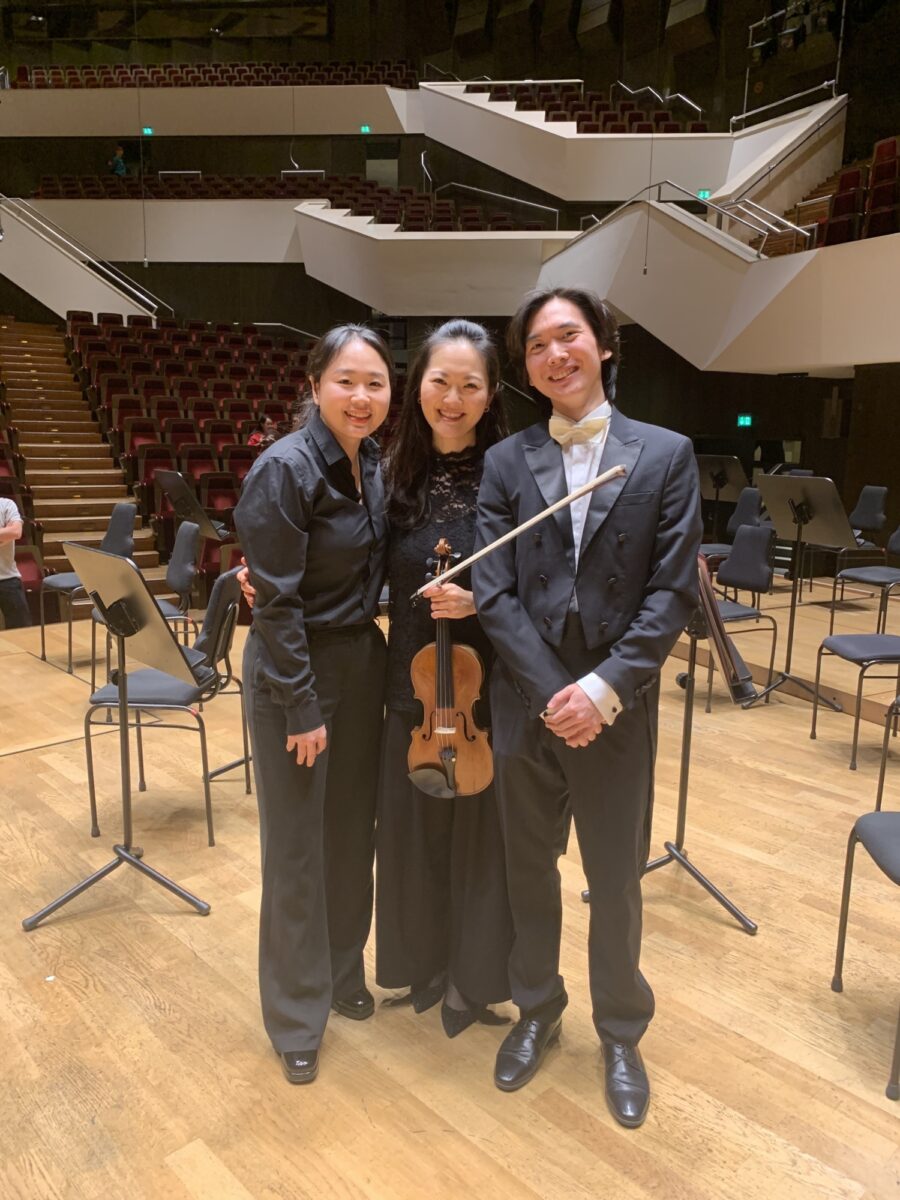
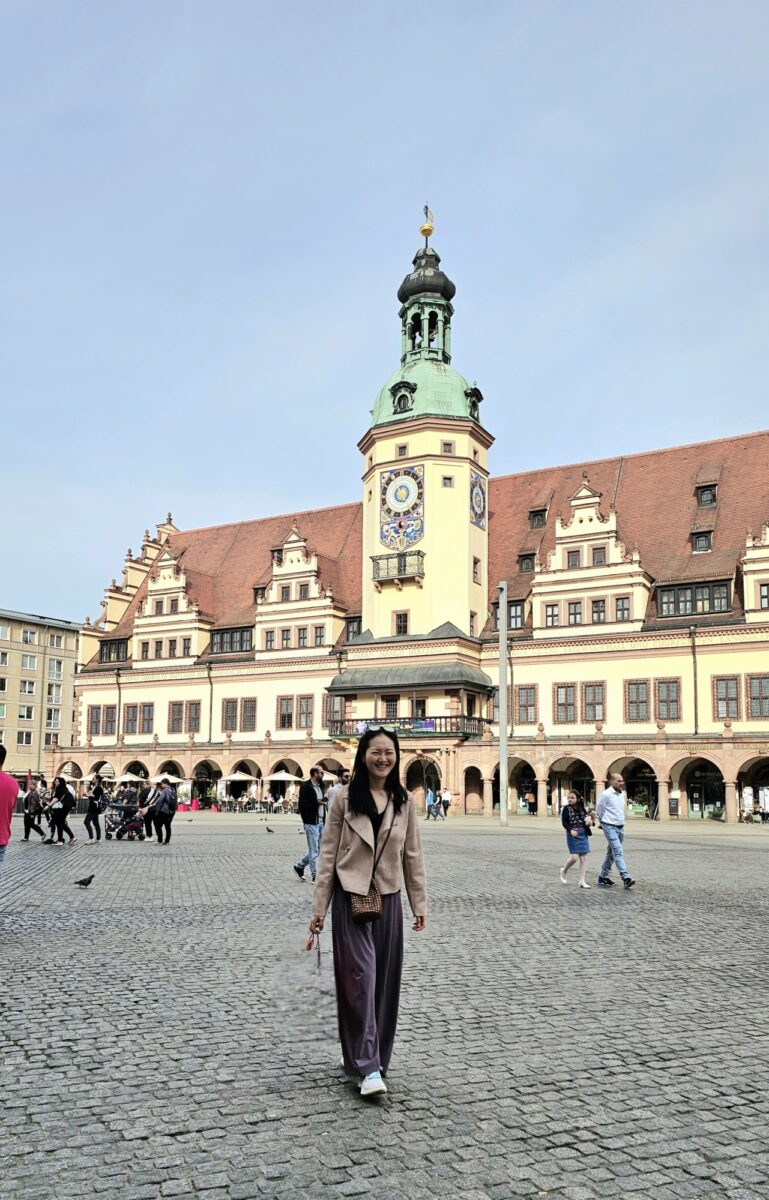
For horn player Jason Snider, the exchange was a nostalgic return. He first visited Germany at age 22 on a festival tour, straight out of college. This time, he was excited to immerse himself again in the local culture and language, despite the years that had faded his fluency in German. "It’s an amazing opportunity and I had to seize it while it was there," Snider said.
“I was really nervous before the first rehearsal, and I was practicing my horn to be in my best playing shape,” he said. “I was working on my German, trying to be ready. Once the rehearsals started, I realized I could understand what they were saying, follow them and figure out where to start and what they were looking for. I had this sigh of relief. The music was the easy part.
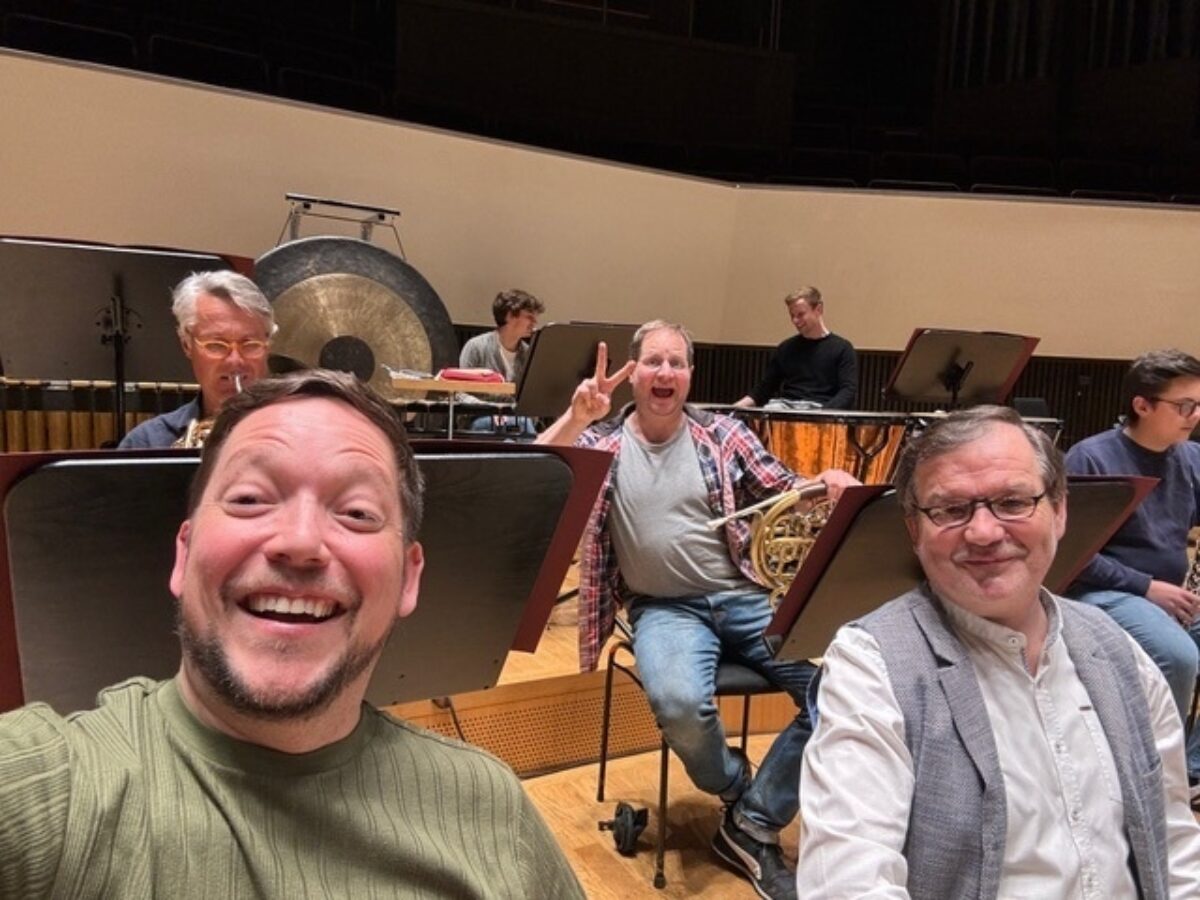
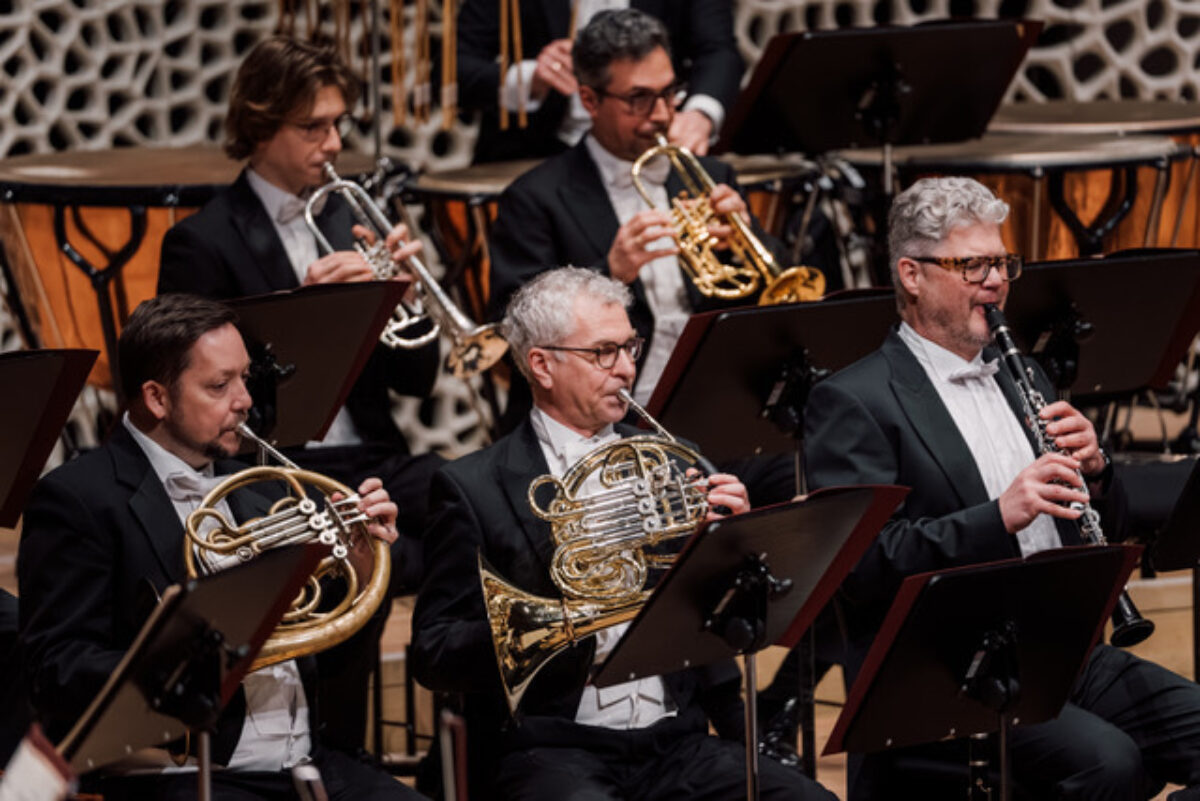
“Everyone was so friendly and patient with me,” he said. “After every concert someone would say ‘Do you want some beer?’ I had to watch how much I drink! The cafeteria in the concert hall was always opened. The opera house also had its own cantina. Beers were three euros, so you could buy a round of drinks for just 12 euros.”
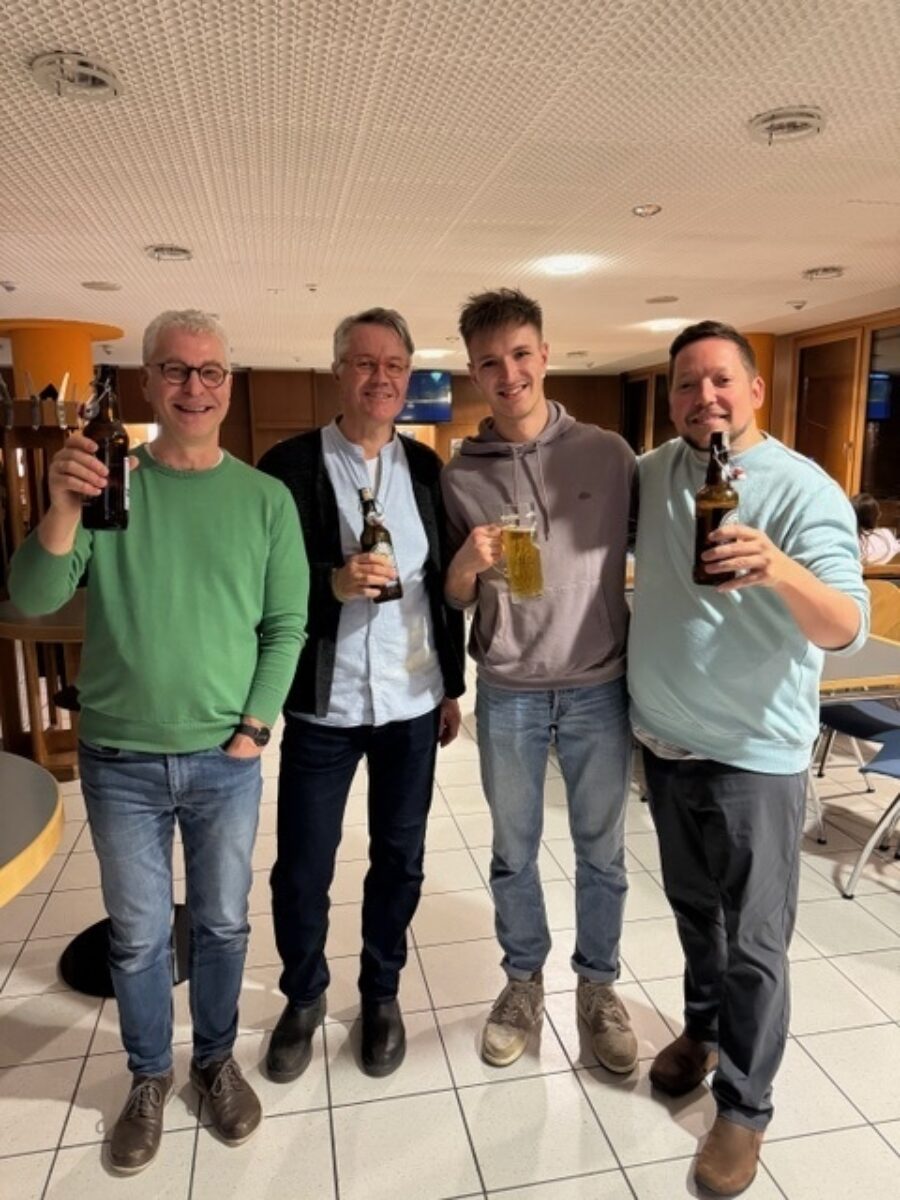
Like Ahn, of the more interesting aspects for Snider was adapting to the culture of greeting. "Every day when you walk into the horn room—to get dressed and warm up—before rehearsal, everyone walks up and greets you with various ‘Servus,’ ‘Grüss Gott,’ 'Moin moin', all that," he recounted.
He appreciated how music bridged the language barriers, making rehearsals smoother than expected. The communal traditions, deep-rooted in German orchestral culture, were a highlight of his experience. "They’re very tradition-oriented people, and they’re very proud of it," he commented, adding how welcoming his colleagues were, even gifting him a traditional cookbook to take home after he inquired about learning the cook some local dishes.
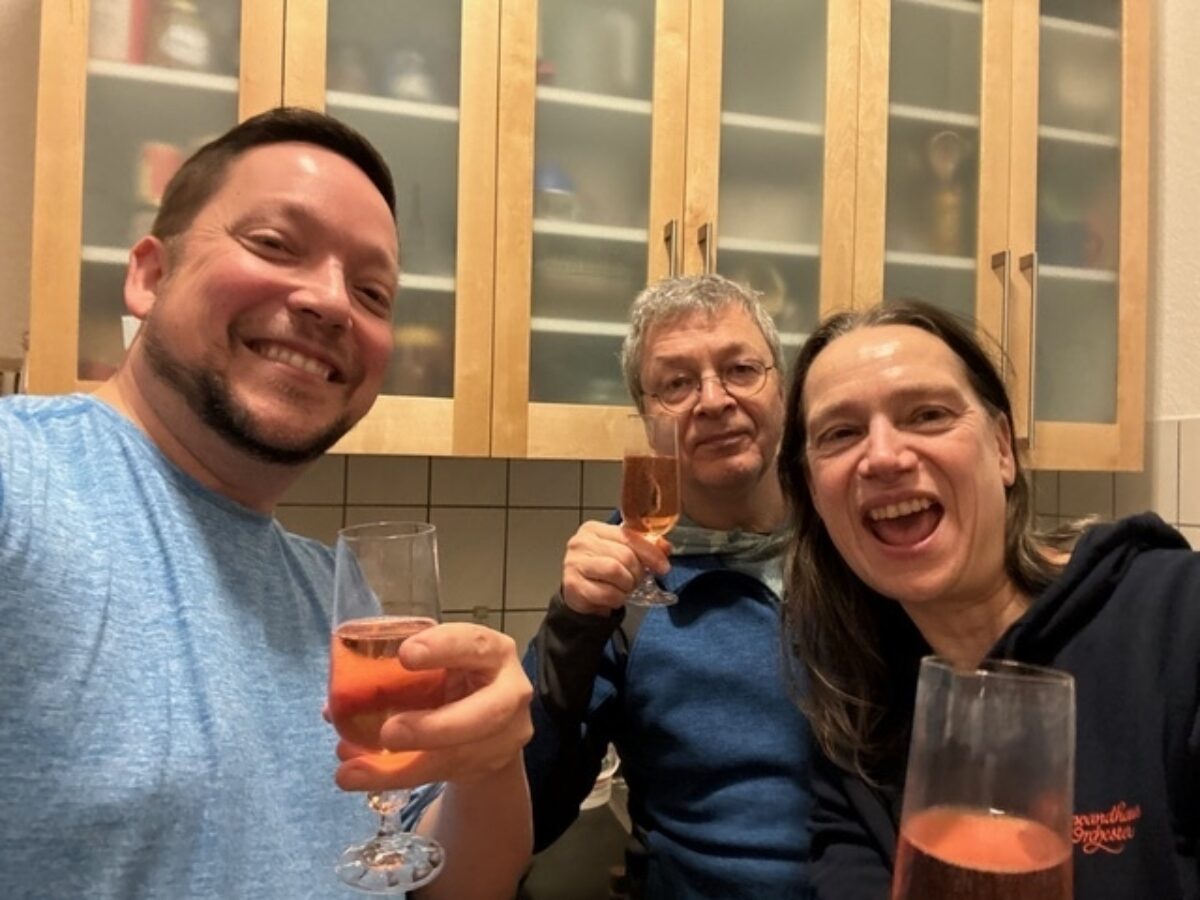
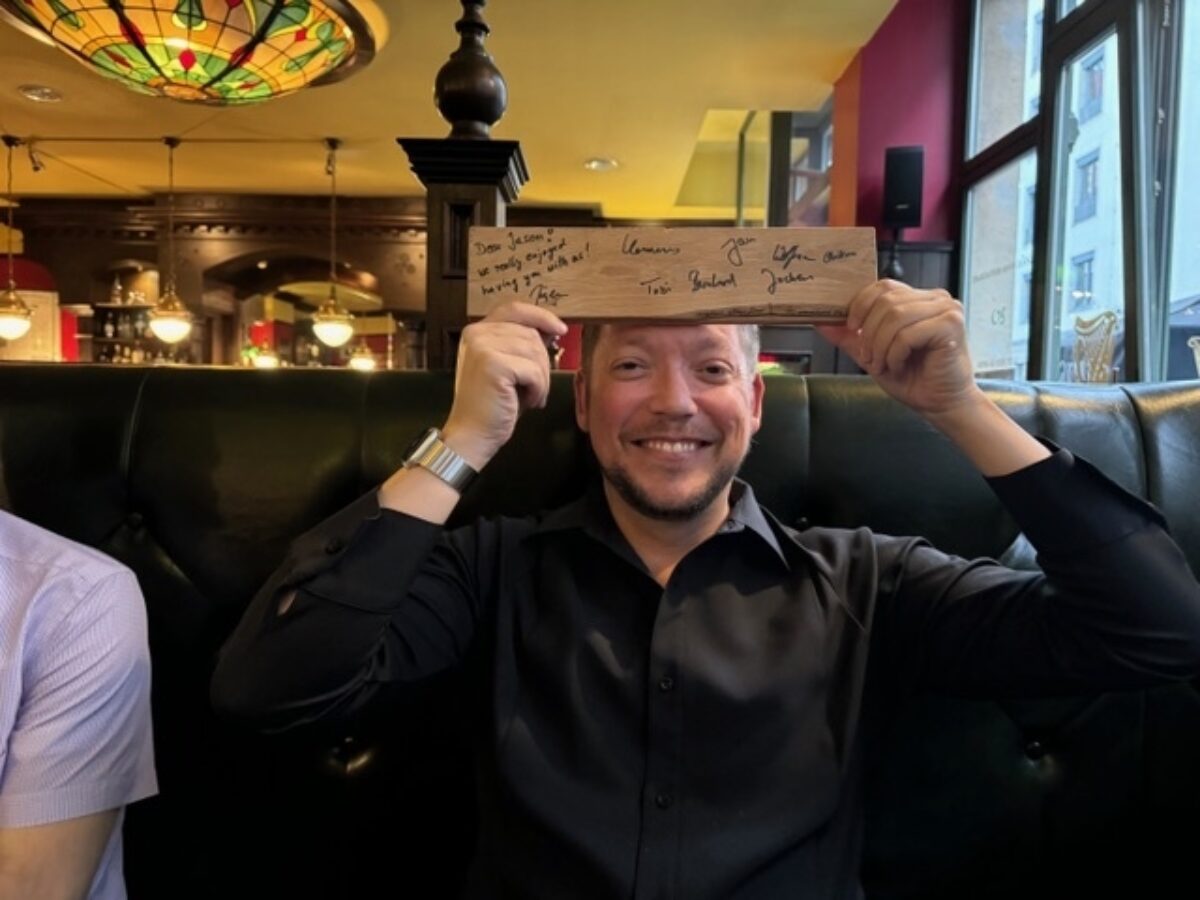
Snider said also found the commuting culture extraordinary. “Everyone bikes to work, even in the winter or the rain!” he said “With a cello on their back. And not a practice cello—their real cello!”
For Ahn the highlight of the experience was playing in the same cathedral where Bach played and worked. “It still gives me chills that I was able to perform where he was standing and composing all the great music,” she said.
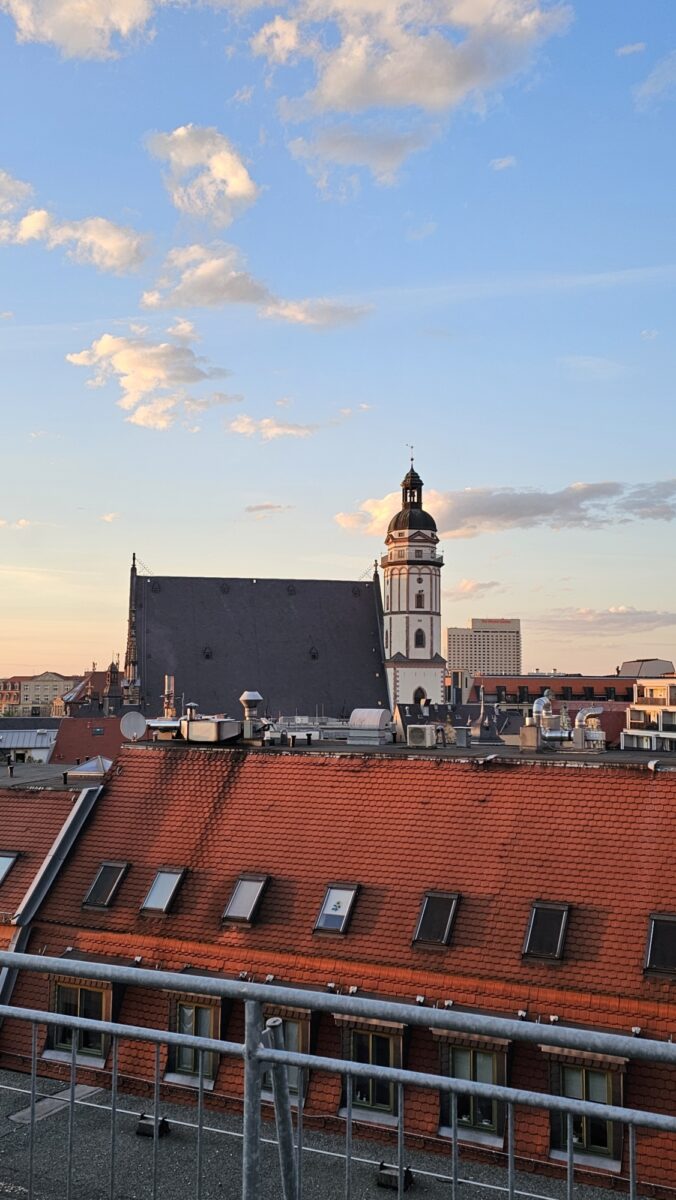
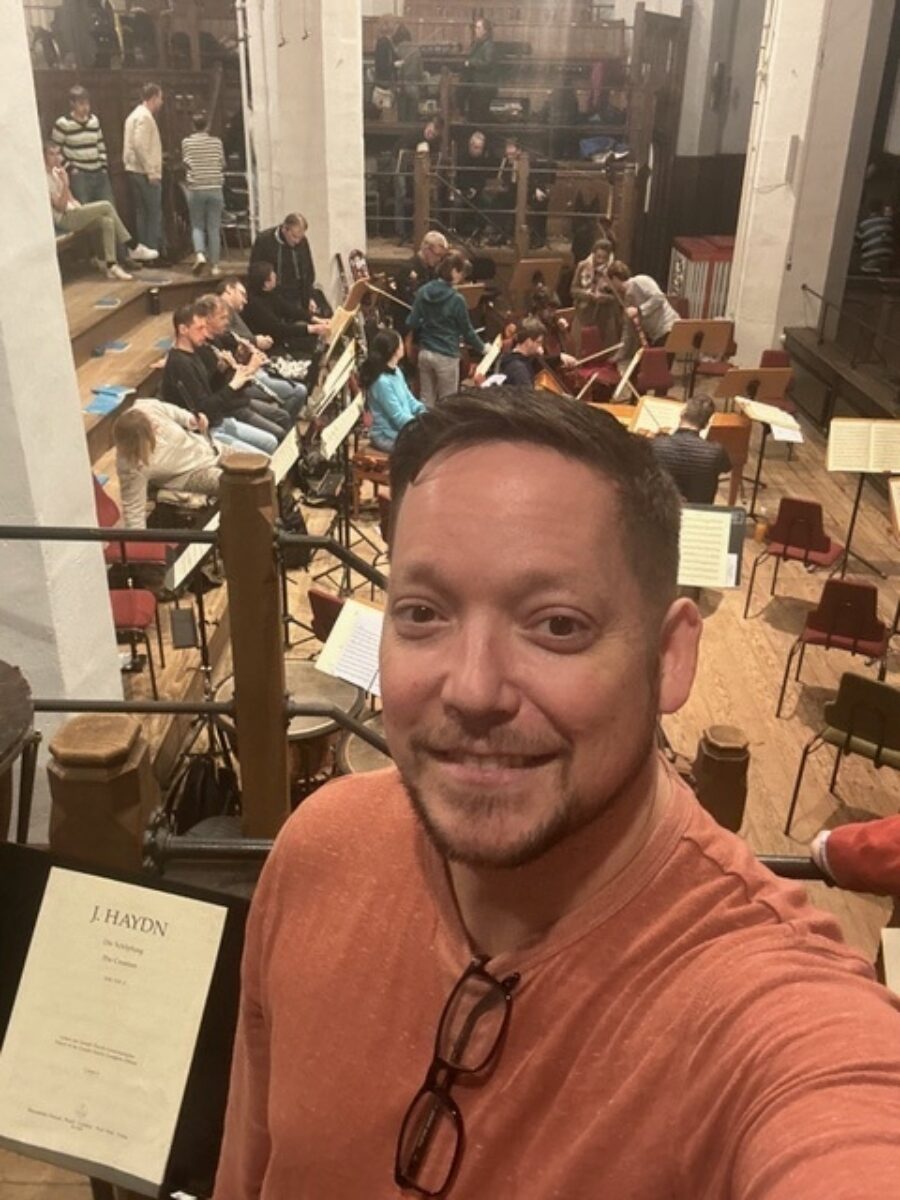
Maya Shwayder is the BSO's Senior Contributing Editor and Copywriter.

